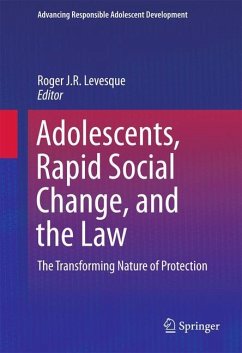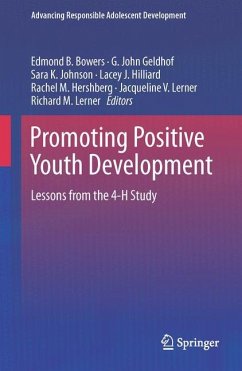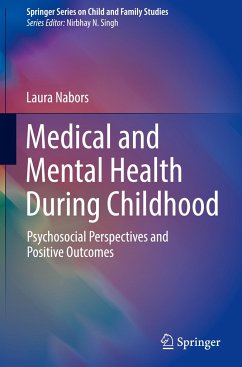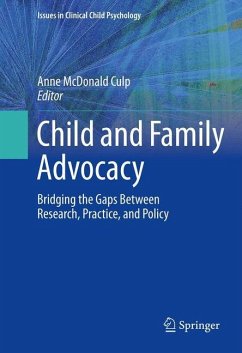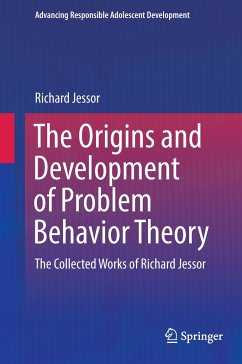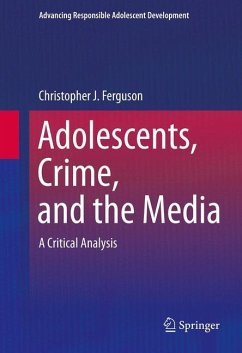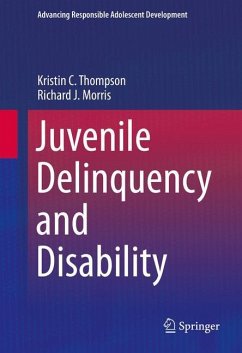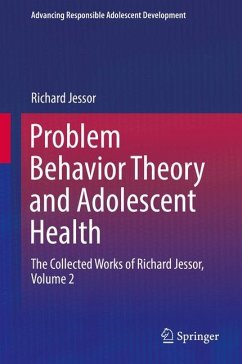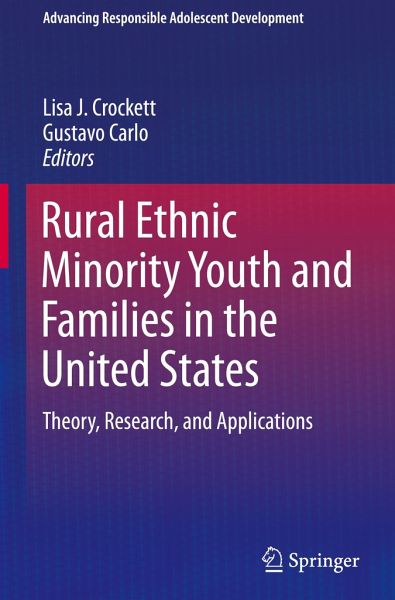
Rural Ethnic Minority Youth and Families in the United States
Theory, Research, and Applications
Herausgegeben: Crockett, Lisa J.; Carlo, Gustavo

PAYBACK Punkte
57 °P sammeln!
This book explores the risk and protective factors of rural life and minority status for youth and their families. It provides innovative perspectives on well-documented developmental challenges (e.g., poverty and lack of resources) as well as insights into the benefits of familial and cultural strengths. Coverage includes recent theories in child development, empirical studies of rural minority populations, and leading-edge interventions for urgent issues. The volume presents a spectrum of opportunities for understanding and providing services for youth in the United States through the lens o...
This book explores the risk and protective factors of rural life and minority status for youth and their families. It provides innovative perspectives on well-documented developmental challenges (e.g., poverty and lack of resources) as well as insights into the benefits of familial and cultural strengths. Coverage includes recent theories in child development, empirical studies of rural minority populations, and leading-edge interventions for urgent issues. The volume presents a spectrum of opportunities for understanding and providing services for youth in the United States through the lens of a diverse collection of ethnic minority experiences in rural settings.
Topics featured in this volume include:
Theoretical models focused on the intersection of ethnicity and rural settings.Family processes, child care, and early schooling in rural minority families.Promising strategies for conducting research with rural minority families.Strengths-based educational interventions in rural settings.Promoting supportive contexts for minority youth in low-resource rural communities.
Rural Ethnic Minority Youth and Families in the United States is a valuable resource for researchers and professors, clinicians and related professionals and graduate students across such disciplines as clinical child, school and developmental psychology, family studies, social work and public health.
Topics featured in this volume include:
Theoretical models focused on the intersection of ethnicity and rural settings.Family processes, child care, and early schooling in rural minority families.Promising strategies for conducting research with rural minority families.Strengths-based educational interventions in rural settings.Promoting supportive contexts for minority youth in low-resource rural communities.
Rural Ethnic Minority Youth and Families in the United States is a valuable resource for researchers and professors, clinicians and related professionals and graduate students across such disciplines as clinical child, school and developmental psychology, family studies, social work and public health.



